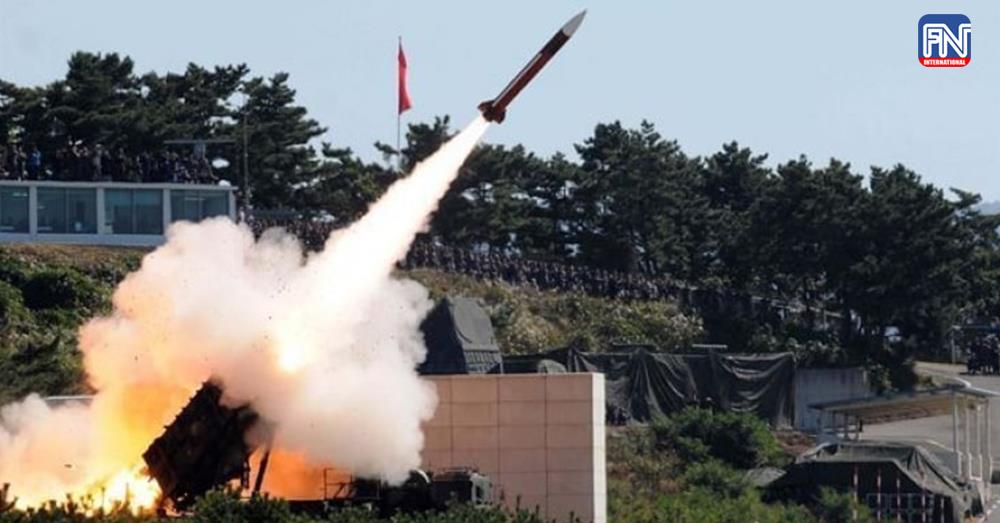SEOUL, Nov 22 (AFP) - A new South Korean anti-ballistic missile system conducted its first successful intercept this month, media reports said on Tuesday, the country's latest step in boosting its defences against North Korean missiles.
The L-SAM interceptor destroyed a target for the first time in a test, according to the Dong-a Ilbo newspaper and Yonhap news agency, which cited unnamed government and military sources without specifying the date. The test also involved a version of the L-SAM designed to shoot down aircraft.
South Korea's Ministry of Defense, Defense Acquisition Program Administration, and Agency for Defense Development, which rarely publicize weapons tests, declined to confirm the report.
North Korea has tested a record number of missiles this year, including an intercontinental ballistic missile (ICBM) on Friday. South Korea, the United States, and Japan are all seeking to enhance missile defence systems.
The L-SAM is a "cutting-edge indigenous weapon system" under development to defend against missiles and other high-flying threats, according to the ADD.
The missile was first successfully flight tested - which did not involve hitting a target - in February.
It is designed to be part of a "layered defence network" that already includes U.S.-made Patriot Advanced Capability-3 missiles and locally produced Cheongung II KM-SAM medium-range weapons, capable of intercepting targets at varying altitudes and ranges.
Plans call for L-SAM to target incoming missiles at altitudes of 50-60 kilometres (30-37 miles), and it is due to become operational by 2026.
South Korea also hosts U.S. military THAAD anti-missile batteries, and as a candidate, President Yoon Suk-yeol had called for more of those batteries.
However, he has since focused on South Korean systems for boosting defences.





